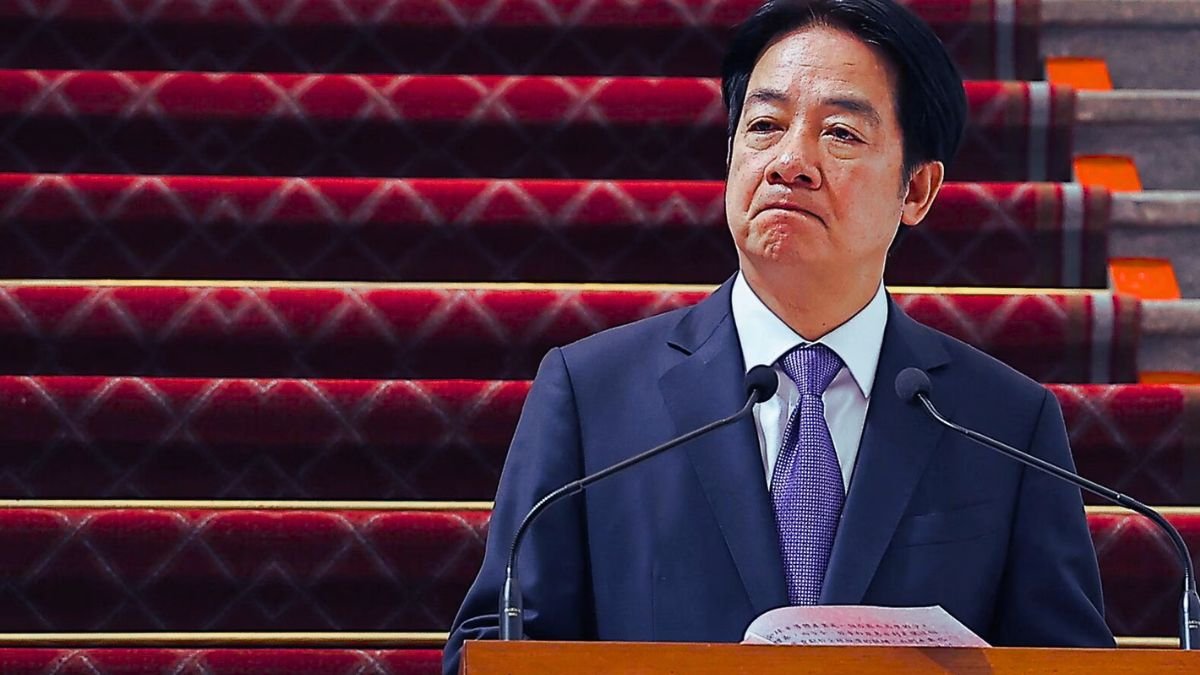New U.S. Tariffs on Taiwan Rattle Markets, Putting Apple and Chip Sector on High Alert
August 8, 2025 – The Trump administration has imposed a new 20% tariff rate on goods from Taiwan, but President Lai Ching-te on Friday characterized the levy as a "temporary" measure, expressing confidence that a lower rate will be achieved through ongoing negotiations

The move is part of a sweeping executive order from U.S. President Donald Trump that set tariffs ranging from 10% to 41% on dozens of trading partners. While Taiwan’s 20% rate is lower than the 32% threatened in April, it is significantly higher than the 15% rates secured by allies like Japan, South Korea, and the European Union.
However, the immediate focus and greatest concern for global markets lie in the yet-to-be-determined tariffs on Taiwan’s most critical exports: semiconductors, electronics, and information technology. President Lai confirmed these key sectors will be subject to a separate U.S. national security probe under Section 232, with the final rates still to be worked out.
“This tariff rate is only an outpost battle in the intense Taiwan-U.S. tariff negotiations,” noted Yuanta Securities in a client note, capturing the sentiment that the real fight is yet to come. The U.S. plans to announce the results of its probe within two weeks.
The severity of the chip tariffs is a major focal point. Taiwan is home to TSMC, the world’s largest contract chip manufacturer and the primary producer of advanced AI chips for U.S. tech giants like Apple and Nvidia. This places the intricate tech supply chain directly in the line of fire.
Analysts believe the U.S. will play hardball to achieve its goal of reshoring manufacturing. “If the tariff rate is set too low, companies would just keep producing in Taiwan,” said Neuberger Berman portfolio manager Yusuf Huang. “That would defeat (Trump’s) goal… so it’s likely to be set higher.”
As a bargaining chip, Taiwan holds TSMC’s massive investment pledges in the U.S., including a new $100 billion commitment announced with Trump at the White House in March on top of $65 billion for plants in Arizona.
AAPL: A Bull or Bear Market Play?
This escalating trade tension places a giant question mark over Apple (AAPL), whose business model is deeply intertwined with Taiwan’s manufacturing prowess. The decision to invest in Apple now requires a careful reading of these geopolitical tea leaves. The following points are for informational purposes only and should not be considered financial advice.
The Bear Case: The argument against Apple is straightforward and potent. The company is fundamentally exposed. A high tariff on semiconductors and electronics imported from Taiwan would strike at the heart of its supply chain. This would inevitably increase the cost of producing iPhones, Macs, and other flagship products. Apple would face a painful choice: absorb the higher costs and take a significant hit to its famously high profit margins, or pass the costs to consumers and risk a sharp drop in demand. The uncertainty alone is a major headwind for the stock.
The Bull Case: Proponents would argue that Apple’s deep integration is also its strength. The company is not a passive observer; it is a powerful force in these negotiations. TSMC’s massive investments in U.S. manufacturing, made to serve key clients like Apple, are a powerful leverage point. A bull would bet that a deal will be struck to protect this critical supply chain, possibly with carve-outs for major players. Furthermore, while these risks are significant, advanced AI-driven stock-picking models like ProPicks AI are designed to weigh such factors against a company’s fundamental strengths. Knowing whether a stock like AAPL, despite the headlines, makes it onto their high-performance lists could offer a critical data point for investors trying to see past the noise.
Ultimately, an investment in Apple is a bet on its ability to navigate a geopolitical minefield. The 20% general tariff is just the opening salvo; the real battle over chip tariffs will determine the true impact on one of the world’s most valuable companies.





